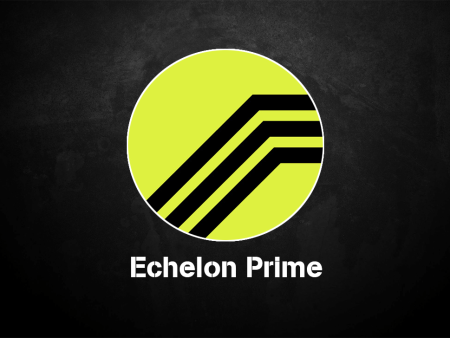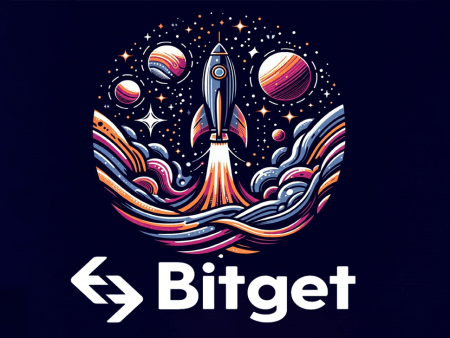Lido DAO is a prominent blockchain project in the decentralized finance (DeFi) sector. It is built on the Ethereum platform and provides a secure and straightforward solution for staking Ethereum 2.0.
In this article, AZCoin will explore Lido DAO in detail and all related information about this project so you can have a more comprehensive overview!
What is Lido DAO (LDO)?
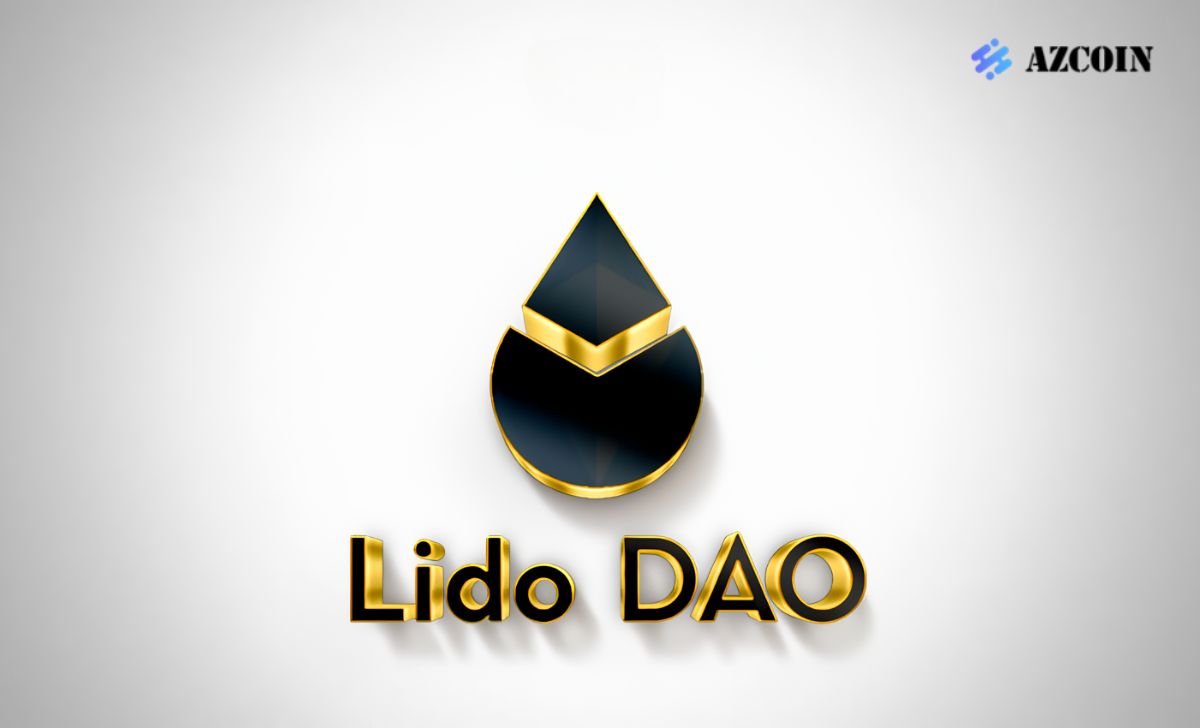
Lido DAO (LDO) is a decentralized protocol that enables users to stake Ethereum 2.0 safely and efficiently. Instead of staking Ethereum on their own, users can join Lido DAO and stake Ethereum through this platform. Lido DAO operates as a centralized staking service, helping users avoid the risks and complexities of staking Ethereum directly.
Project team, investors and partners
Project team
Lido is governed by a decentralized autonomous organization (DAO) model. The initial founding members of Lido DAO include several prominent figures in this field, such as:
- Banteg: Lead developer of Yearn Finance.
- CryptoCobain: Influencer with over 220,000 followers.
- Anton Bukov: Co-founder of 1Inch.
- Will Harborne: Co-founder of Deversifi.
- Julien Bouteloup: Founder and CEO of Stake Capital.
- Kain Warwick: Founder of Synthetix.
Investors
In the first fundraising round of Lido DAO, many major investors from the blockchain and DeFi community participated. Notable names include Semantic VC, ParaFi Capital, Libertus Capital, Bitscale Capital, StakeFish, StakingFacilities, Chorus, P2P Capital and KR1.
The involvement of these major investors demonstrates their confidence in the project’s potential and the hope that Lido DAO will become one of the most successful projects in the DeFi sector.
Partner
Lido DAO has partnered with several major players in the blockchain and DeFi community to enhance the project’s strength and development potential. These partners include Chainlink, Nexo, Aave, Curve, and Synthetix.
With support from these experienced and resourceful partners, Lido DAO can offer better services and products to its users.
How Lido DAO works
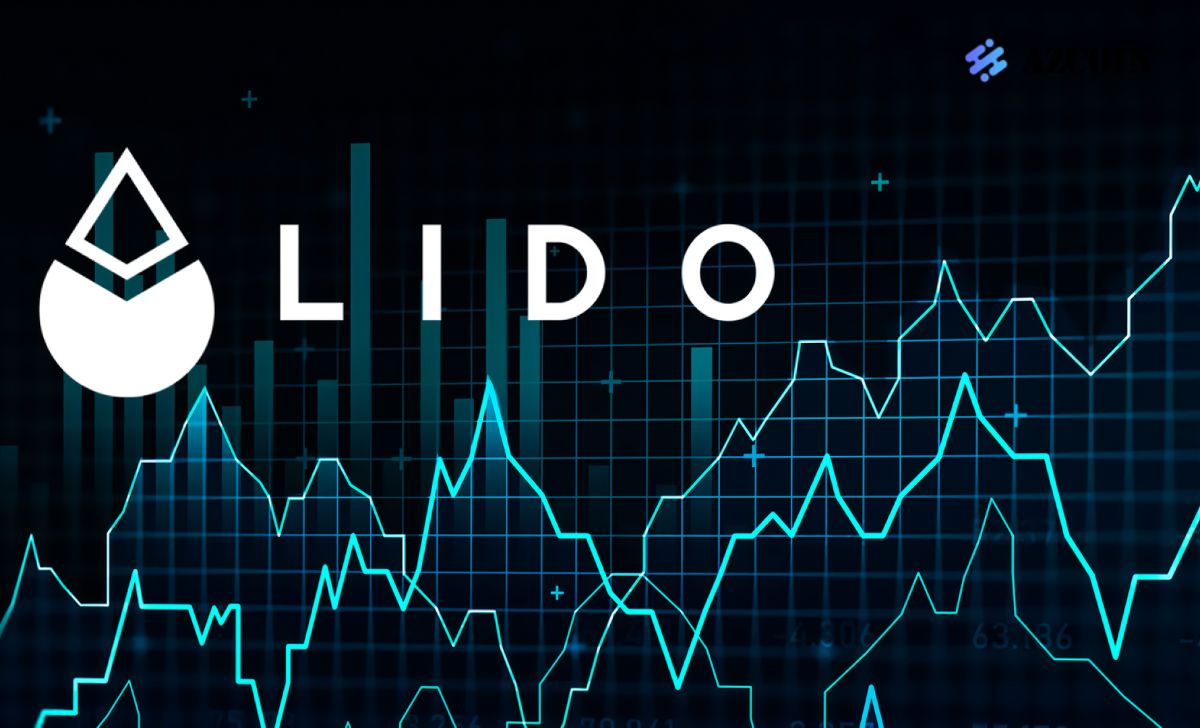
Lido DAO operates on the Ethereum platform, providing a safe and simple solution for staking Ethereum 2.0. Specifically, the operation of Lido DAO works as follows:
- Stake Ethereum: Users can stake their Ethereum into Lido DAO. To participate, users need to deposit at least 32 ETH into Lido DAO’s smart contract.
- Create stETH Tokens: When users stake Ethereum into Lido DAO, they receive a corresponding token called stETH (Staked Ethereum). stETH is an ERC-20 token used to represent the amount of Ethereum stacked.
- Earn Staking Rewards: Lido DAO stakes the Ethereum deposited into the Ethereum 2.0 system, and users receive staking rewards corresponding to the amount of Ethereum staked.
- Utilize stETH: Users can use stETH as a liquid asset, for example, by depositing it into other DeFi protocols to generate additional income.
- Lido DAO Governance: Users holding LDO tokens have the right to participate in the governance process and make decisions on important issues related to Lido DAO.
Pros and cons of Lido DAO
Pros
- Easy Participation: Lido DAO allows users to stake Ethereum 2.0 without needing to meet requirements like 32 ETH or setting up their own validator node.
- High Liquidity: Users can use stETH as a liquid asset and participate in other DeFi protocols.
- Safe and Monitored: Lido DAO is operated by a team of top security and technical experts, ensuring safety and efficiency for users.
- Decentralization: Lido DAO is a decentralized protocol, allowing users to participate in the governance process by holding LDO tokens.
- Wide Integration: stETH has been integrated into many major DeFi protocols such as Curve Finance, AAVE, etc., enhancing liquidity and utility for users.
Cons
- Centralization Risk: Although Lido DAO is a decentralized protocol, there are concerns about centralization if some large validators control a significant amount of staked Ethereum.
- Legal Risk: As a blockchain project, Lido DAO may face legal risks from regulatory authorities.
- Lack of Privacy: Lido DAO might not ensure user privacy when participating in Ethereum staking.
- stETH Value Risk: The value of stETH may not be fully equivalent to ETH due to factors such as liquidity, risk, and other technical issues.
Introduction to LDO token
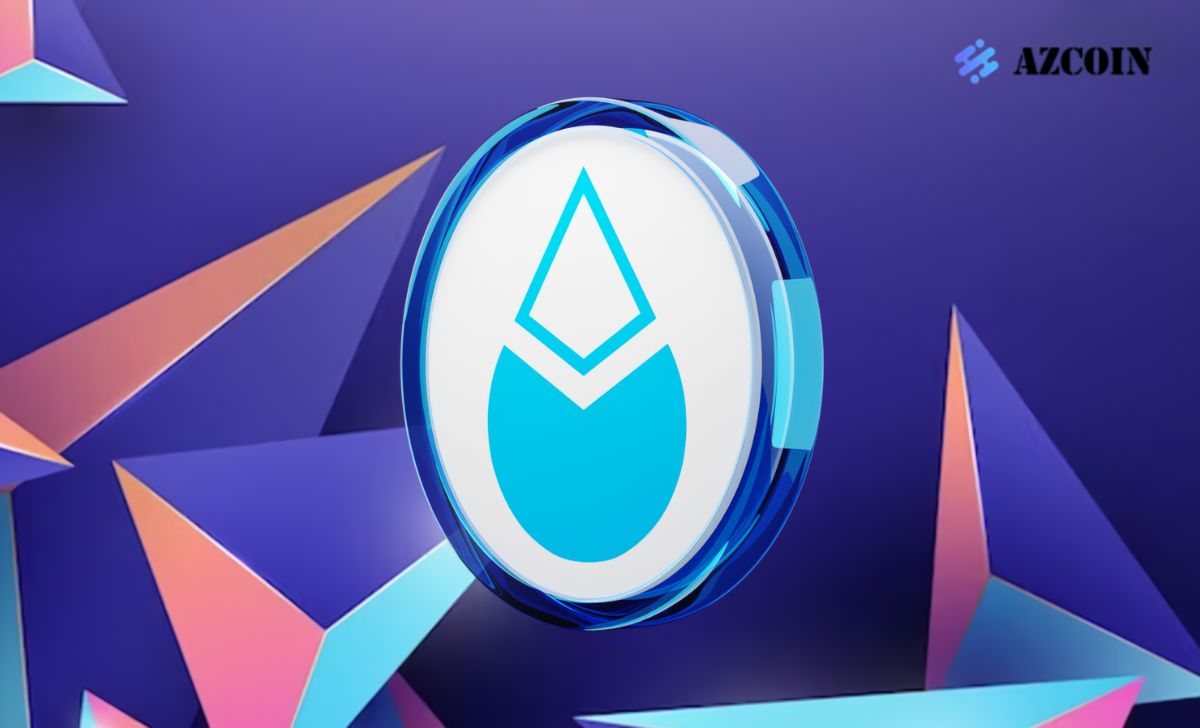
Basic information about LDO token
- Token Name: Lido DAO
- Ticker: LDO
- Blockchain: Ethereum
- Token Contract: 0x5a98fcbea516cf06857215779fd812ca3bef1b32
- Token Type: Governance
- Total Supply: 1,000,000,000 LDO
- Circulating Supply: 842,729,086 LDO
LDO token allocation
- DAO Treasury: 36.32%
- Investors: 22.18%
- Initial Lido Developers: 20%
- Founders & Future Employees: 15%
- Validators & Signature Holders: 6.5%
LDO token use case
The LDO token has several applications within the Lido DAO ecosystem, including:
- Staking on Yield-Accruing Platforms: LDO tokens can be staked on platforms that generate verifiable income.
- Community Governance: LDO tokens enable holders to participate in community decisions such as approving new proposals, changing organizational structures, and managing assets.
- Profit Sharing: Holders of LDO tokens can receive profits from investments and asset management activities conducted by Lido DAO.
- Community Engagement: Users can participate in community activities and programs to earn additional LDO tokens.
Where to buy and sell LDO tokens?
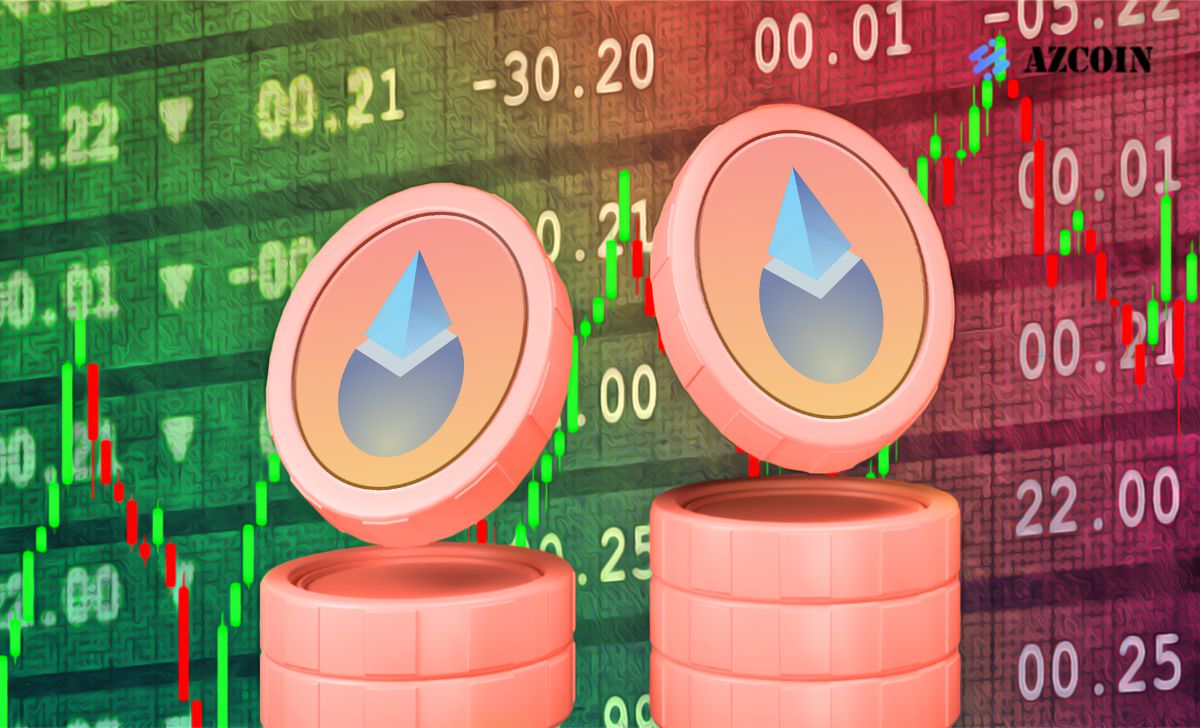
Currently, users can buy and sell LDO tokens on several of the best crypto exchanges, such as Uniswap, Binance, Huobi, OKEx, KuCoin, and Gate.io. Distributing LDO tokens across multiple exchanges makes it easily accessible and ensures good liquidity for users.
In which wallet to store LDO tokens?
LDO tokens can be stored on various ERC-20 compatible wallets, including MyEtherWallet, Ledger Nano S, MetaMask, and Trezor. Using these suitable storage wallets helps ensure the security and safety of your LDO tokens.
FAQs about LDO token
How to own LDO tokens?
You can buy LDO tokens directly on cryptocurrency exchanges as mentioned above, or participate in project promotions to earn LDO tokens for free.
What trading pairs are there currently on the exchange with LDO token?
Currently, the LDO token has been listed on multiple exchanges with trading pairs such as LDO/BTC, LDO/ETH, LDO/USDT, LDO/USD and LDO/BNB.
Are there any similar projects to Lido DAO?
Some other projects in the same field as Lido include Rocket Pool (RPL), Ankr Protocol (ANKR), StakeWise (SWISE), StarFi (FIS) and many others.
Should you invest in the Lido DAO project?
Investing in any project comes with its own level of risk, and Lido DAO is no exception. Before deciding to invest in this project, it’s important to conduct an evaluation process and research the operating model, growth potential, as well as the risks associated with the project. Additionally, always thoroughly research and seek advice from experts before making any final decisions.
The end
AZcoin hopes that the information in this article has helped you understand more about Lido DAO and the LDO token, enabling you to make informed and effective investment decisions. Stay tuned and update yourself with the latest information from the project to not miss any opportunities in the vibrant DeFi market today.

I am Louis Dang, living in Ottawa, Canada. I am currently working as a trader for AZCoin company, with 7 years of experience in the cryptocurrency market, I hope to bring you useful information and knowledge about virtual currency investment.

